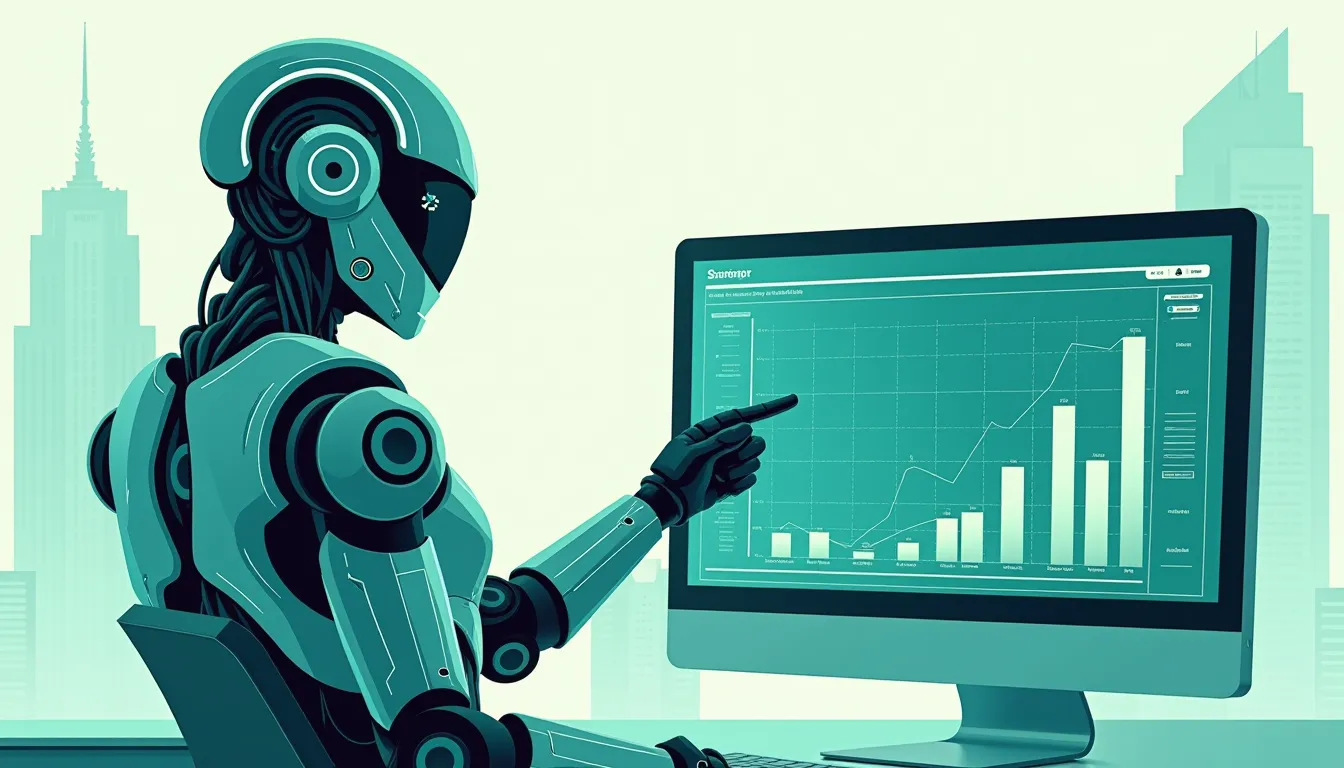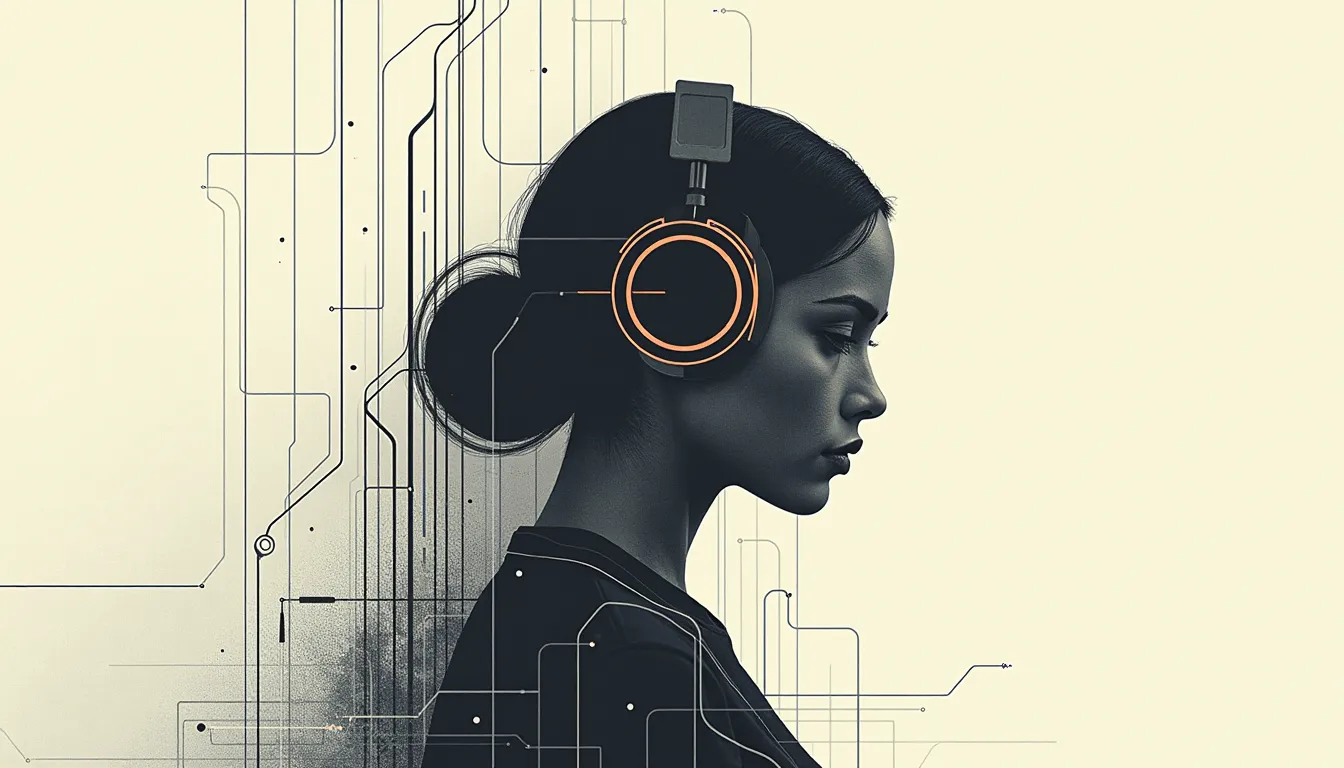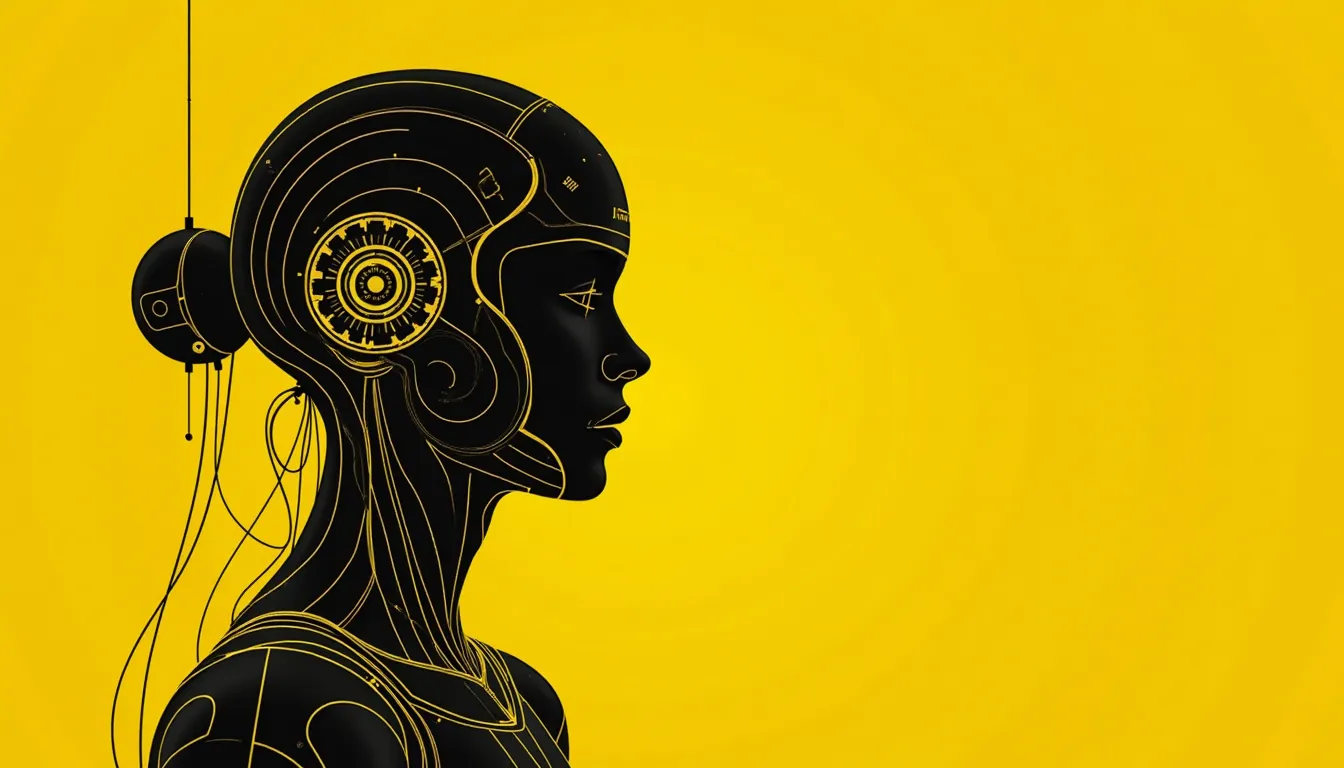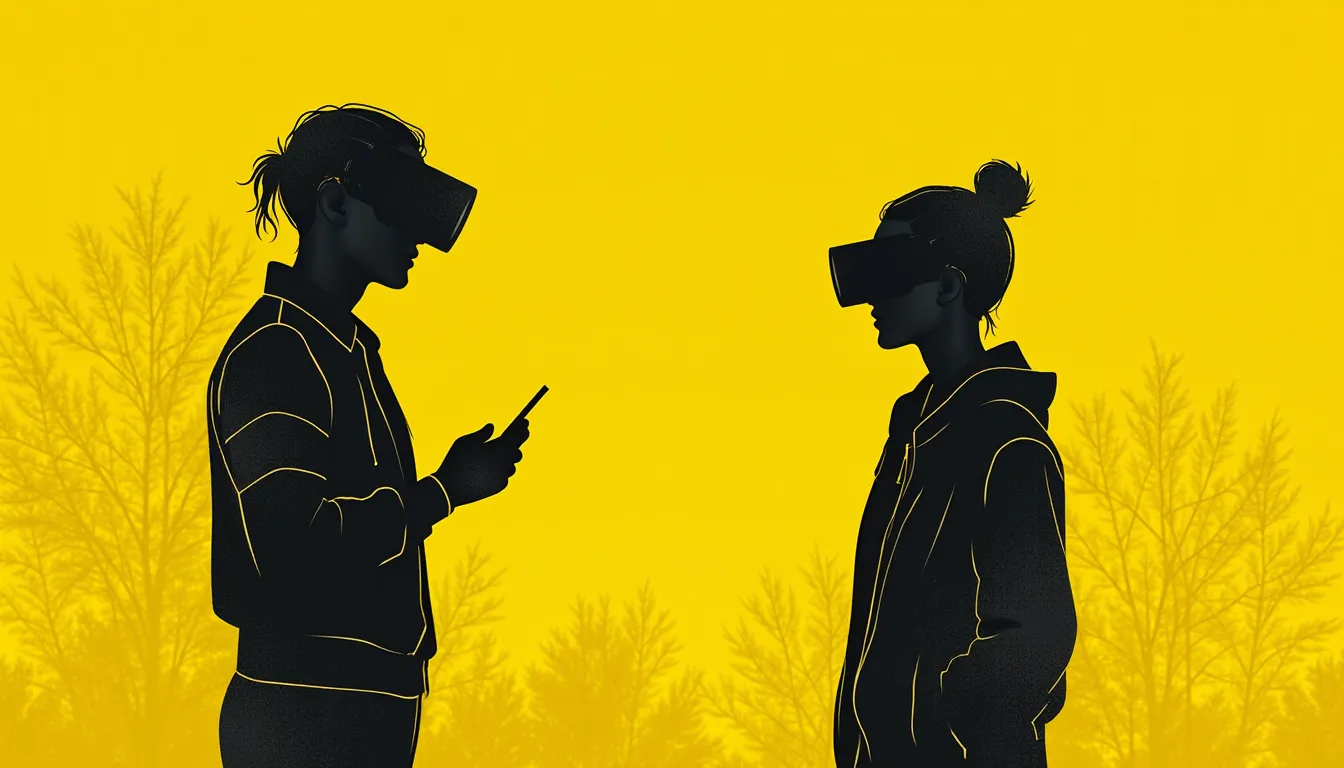is openai’s gpt-5 an ambitious leap or a costly misstep?
OpenAI’s next-generation AI model, GPT-5, has been the talk of the town for quite some time. Everyone’s eager to see how it will change the game, but recent reports suggest that things might not be going as smoothly as anticipated. With a name like “Orion,” one would expect it to soar, but it appears that the project has hit a few bumps in the road. So what’s really going on? Is GPT-5 a bold leap into the future, or could it end up being a costly misstep? Let's dig in and find out!
what went wrong with gpt-5?
So, here’s the lowdown: OpenAI has been working on Orion for about 18 months now, and you’d think with all that time, they’d be cruising. However, according to a recent report from The Wall Street Journal, things haven’t gone quite as planned. The initial training runs have been slower than expected, leading to concerns about both time and costs.
- Training Runs: Orion underwent at least two major training runs. This is where the model learns from vast datasets, refining its capabilities.
- Slower Progress: The first run didn’t meet expectations, hinting that future runs would require even more resources—both in time and money.
While it’s true that GPT-5 shows some improvements over its predecessors, like better performance in specific areas, many are left scratching their heads. Is it worth the hefty price tag? 🤔
the costs of training cutting-edge ai

Let’s get real—training AI models like GPT-5 isn’t just a walk in the park; it’s a hefty investment. Here’s what it takes:
- Computational Resources: Think supercomputers and massive data centers, all humming away to help the model learn.
- Specialized Hardware: You can’t just use any old computer; you need the latest tech to handle the workload.
- High-Quality Data: The model thrives on good data, but sourcing that can be challenging.
To tackle the data issue, OpenAI has been getting creative:
- Hiring Experts: They’ve brought in folks who can generate new data—think coding wizards and math whizzes.
- Synthetic Data: OpenAI is also tapping into synthetic data created by its other models to fill gaps.
- Licensing Agreements: While they still use publicly available data, they’ve struck deals to gain access to more resources.
what makes gpt-5 different?

Now, you might be wondering, “What’s the big deal about GPT-5 anyway? What’s new?” While many specifics are still under wraps, some improvements are being touted:
- Efficiency: The goal here is to achieve better performance while using fewer computational resources. Who doesn’t love saving energy? 💡
- Accuracy: Reducing errors in complex tasks—think programming and problem-solving—could be a game-changer.
- Real-World Applications: OpenAI aims to target industries like education, healthcare, and customer service, making the model practically useful.
But here’s the kicker: without a groundbreaking breakthrough, many are left wondering if these enhancements are enough to meet the sky-high expectations set by previous models.
a shift in strategy?

OpenAI seems to be reevaluating its approach to AI development. Instead of the annual release of new versions, they’re focusing on refining existing models for long-term success. This shift reflects a growing emphasis on responsible AI. CEO Sam Altman has highlighted the importance of ensuring that new models are safe and beneficial before hitting the market.
This strategic pivot raises a question: could it be that sometimes, slow and steady wins the race? 🐢💨
why this matters

AI models like GPT-5 are more than just fancy tools; they symbolize the future of how we interact with technology. The potential applications are astounding, but they don't come without challenges. Here are a few considerations:
- Cost vs. Benefit: We need to ask ourselves—do the performance improvements justify the operational costs?
- Ethical Considerations: How does the data used for training impact biases and the overall applications of the model?
- Public Expectations: Each new model comes with the hype of being a game-changer, placing immense pressure on developers to deliver.
what’s next for openai?

So, what's on the horizon? Well, OpenAI has confirmed that Orion won’t be released this year. But don’t count them out just yet! The company is likely working hard behind the scenes to address current concerns. There’s still a chance that GPT-5 could become a cornerstone of AI innovation.
In the meantime, this delay serves as a valuable lesson: breakthroughs in AI—and really, any field—require time, patience, and a willingness to learn from setbacks.
wrapping it up

In conclusion, OpenAI’s GPT-5 presents a fascinating case of ambition versus practicality. While the potential is enormous, the road ahead is riddled with challenges and questions. As we await further developments, let’s keep the conversation going. What do you think? Is GPT-5 going to be the next big thing, or will it fizzle out? Your thoughts are welcome! 💬












